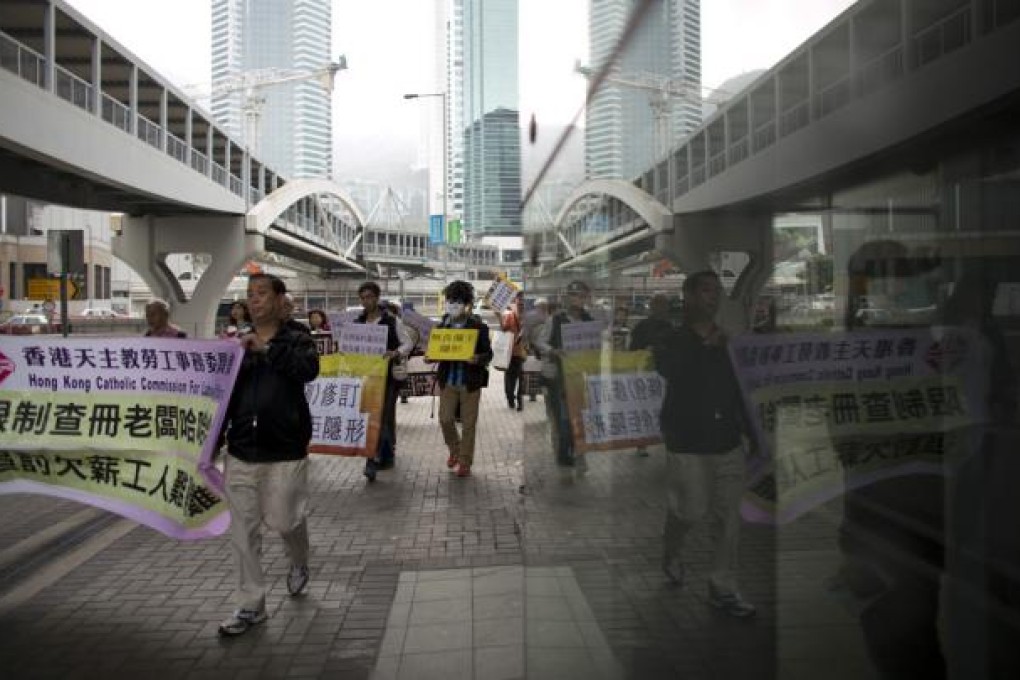Keep data on national company registries open and searchable
Waltraut Ritter says that, given the complexities of today's intertwined companies, national registries must remain open to cross-border searches

As one of the most efficient e-services provided by the Hong Kong government, the Companies Registry regularly receives awards and recognitions. The e-Registry service in particular is popular, with around 2 million website visits per year.
The existing system for accessing and using the registry data, however, is limited, and not designed on open data principles which enable queries beyond simple company searches. There is also still a charge for searches, although the collection and data management is already paid for in the course of the agency's normal business. So why is a public agency "double-charging" for information?
As a trading fund, the registry generated HK$216.6 million profit after tax last year, some of which will be invested in service enhancement programmes. One of the biggest improvements could be to waive the search fees to increase usage.
This is what the New Zealand Companies Office did in 2007. Adopting an open data policy and having no fees makes delivery [technology] easier and less expensive, argues the New Zealand registrar. Similarly, the UK Companies House recently removed search fees on director appointments, and is likely to waive other fees to increase economic value from the reuse of public information assets.
So, amid the discussion about the new Companies Ordinance in Hong Kong, perhaps it is time to review the organisation's readiness for an increasingly open and connected knowledge-based economy.
Open company data was the basis for mapping connections between companies in the horsemeat scandal in Europe, which resulted in striking visualisations of a well-organised, cross-country supply network of illegal activities by companies with mutual shareholdings and directorships.